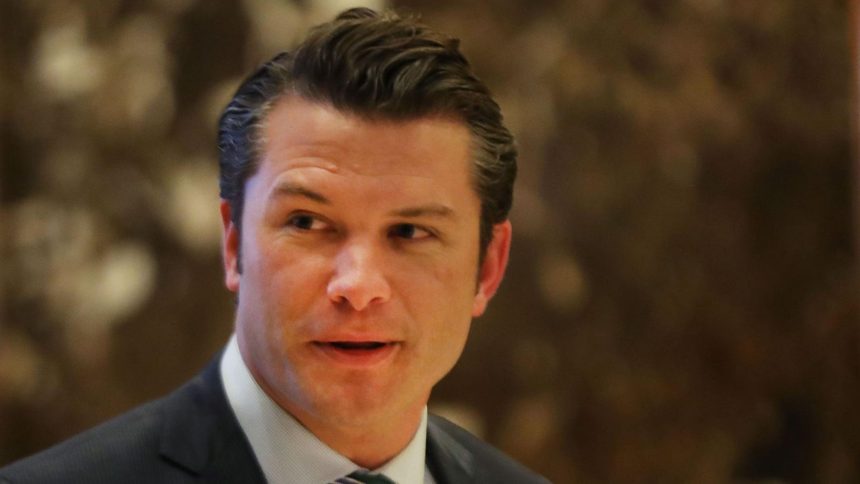Pete Hegseth’s Controversial Nomination for Defense Secretary: A Timeline of Allegations and Support
President-elect Donald Trump’s nomination of Pete Hegseth for Secretary of Defense has sparked a firestorm of controversy, fueled by allegations of sexual misconduct, questionable drinking habits, and extreme political views. Despite mounting opposition, Trump has doubled down on his support for Hegseth, praising his academic credentials, leadership qualities, and unwavering "winner" mentality. This unwavering support comes even as key Republican senators express reservations, and the public remains largely undecided on Hegseth’s suitability for the position.
The controversy surrounding Hegseth dates back several years, with a 2017 sexual assault allegation resurfacing after his nomination. A police report details an encounter between Hegseth and a woman at a Republican conference after-party, where she alleges he assaulted her in his hotel room. Hegseth claims the encounter was consensual, and while police investigated the incident, no charges were ever filed. Further complicating the narrative, a 2018 email from Hegseth’s mother emerged, accusing him of abusing multiple women. While she later retracted the statement, attributing it to the emotional turmoil of his divorce, the email has cast a shadow over his character and judgment.
Adding to the concerns are allegations of Hegseth’s alcohol abuse. Former colleagues at Fox News, where he served as a host, report instances of smelling alcohol on him before he went on air. A whistleblower report from his time as president of Concerned Veterans of America (CVA) further alleges repeated intoxication while on the job, including an incident where he allegedly yelled an Islamophobic slur in a hotel bar. Hegseth has denied having a drinking problem, pledging to abstain from alcohol entirely if confirmed as Defense Secretary. He also maintains that his departure from CVA was due to internal disagreements, not his alleged alcohol abuse.
Hegseth’s political views have also drawn criticism, particularly his stance on women in the military. In his book, "The War on Warriors," Hegseth argues that only men should serve in combat roles, asserting that women’s presence hinders military effectiveness. This position, along with his criticism of diversity initiatives within the military, has alienated some senators and raised concerns about his ability to lead a diverse and inclusive force. His open criticism of NATO and the UN, labeling them as anti-American and advocating for their dismantling, further fuels concerns about his foreign policy judgment.
Despite these controversies, Hegseth has garnered support from some within the Republican party. Vice President-elect JD Vance and other prominent figures have publicly endorsed his nomination, echoing Trump’s praise of his leadership and commitment to the troops. However, several key Republican senators, including Joni Ernst, a veteran and advocate for victims of sexual assault, have expressed reservations about supporting his confirmation. These senators have cited the need for a thorough investigation into the allegations against him before they can offer their support. This hesitation underscores the difficult path Hegseth faces in securing Senate confirmation.
The Senate confirmation process will be a crucial test of Hegseth’s viability as Defense Secretary. He will need to address the allegations head-on and convince a majority of senators that he is fit to lead the military. With a slim Republican majority in the Senate, Hegseth can afford to lose only a handful of Republican votes, making the support of senators like Ernst critical to his confirmation. The coming weeks will be crucial in determining whether Hegseth can overcome the controversies and secure the position, or whether his nomination will ultimately falter under the weight of the allegations against him. Public opinion, which remains largely divided, will also play a role in shaping the narrative and influencing the senators’ decisions.



